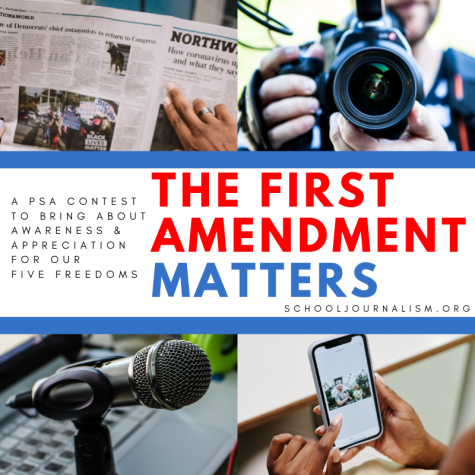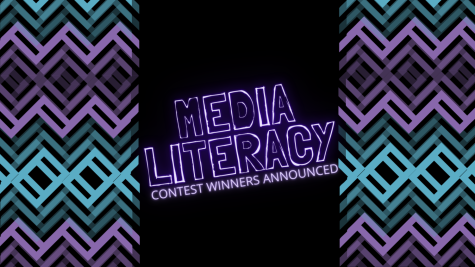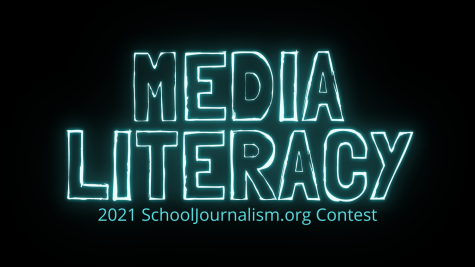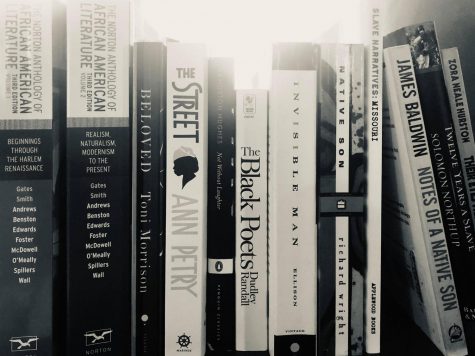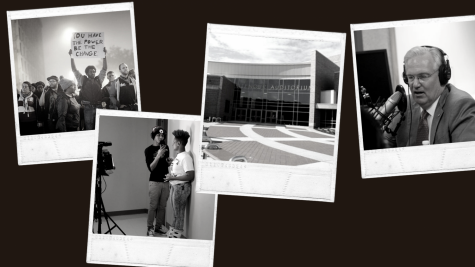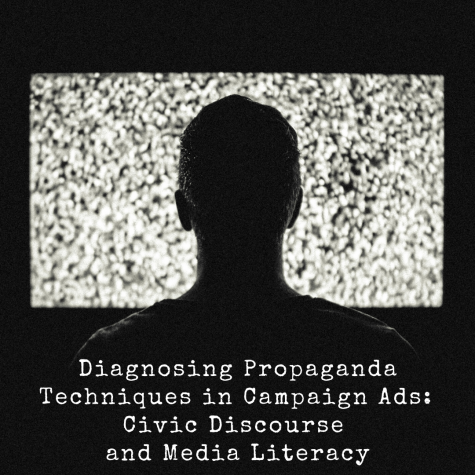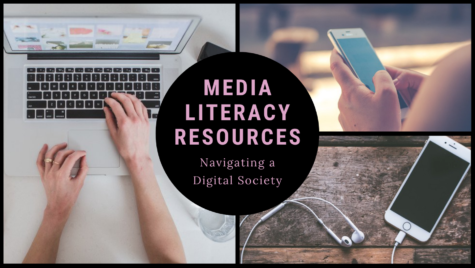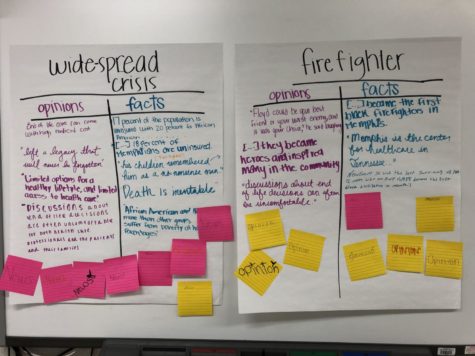Classrooms use model news literacy lessons for English, science, math and social studies classes
The American Society of News Editors and the Journalism Education Association in partnership with the Donald W. Reynolds Journalism Institute launched a free news literacy curriculum for English/language arts, science, math and social studies in September 2015. How are you using these model news literacy lessons in your classroom? Email us at [email protected] and give us your feedback.
To learn more about the new literacy lessons, please read this article or link to the lessons at: https://www.schooljournalism.org/model-news-literacy-curriculum/
Teachers can use the lessons as a starting point to integrate news literacy skills into their classroom and help students learn critical-thinking skills for analyzing and judging the reliability of news and information. In the lesson plans, news literacy concepts are taught in tandem with a variety of core academic skills ranging from literary analysis, deductive reasoning and syllogism to probability, standard deviation and finance to earth science, DNA and nuclear energy to court case analysis, Fourth Amendment and privacy rights.
“A news literacy curriculum is about more than just journalism concepts,” said Teri Hayt, executive director of ASNE. “It teaches our students to think about how they consume news and how to be critical thinkers.”
Each lesson addresses a news literacy question and aligns with Common Core State Standards. A Creative Commons BY-NC-SA 4.0 License allows teachers to modify the lessons for educational purposes.
“The news literacy lesson plans encourage teachers and students to analyze and challenge, to be part of the conversation that is guaranteed in our First Amendment freedoms,” Hayt said. “I cannot stress how important this is for the next generation of leaders.”
The lessons are available at WhyNewsMatters.org, SchoolJournalism.org and jea.org. Funding for the project was provided by the Robert R. McCormick Foundation.
ASNE and JEA worked with educators affiliated with the American Bar Association Division of Public Education, the National Council for the Social Studies, the National Council of Teachers of English, the National Council of Teachers of Mathematics and the National Science Teachers Association to develop the lesson plans.



